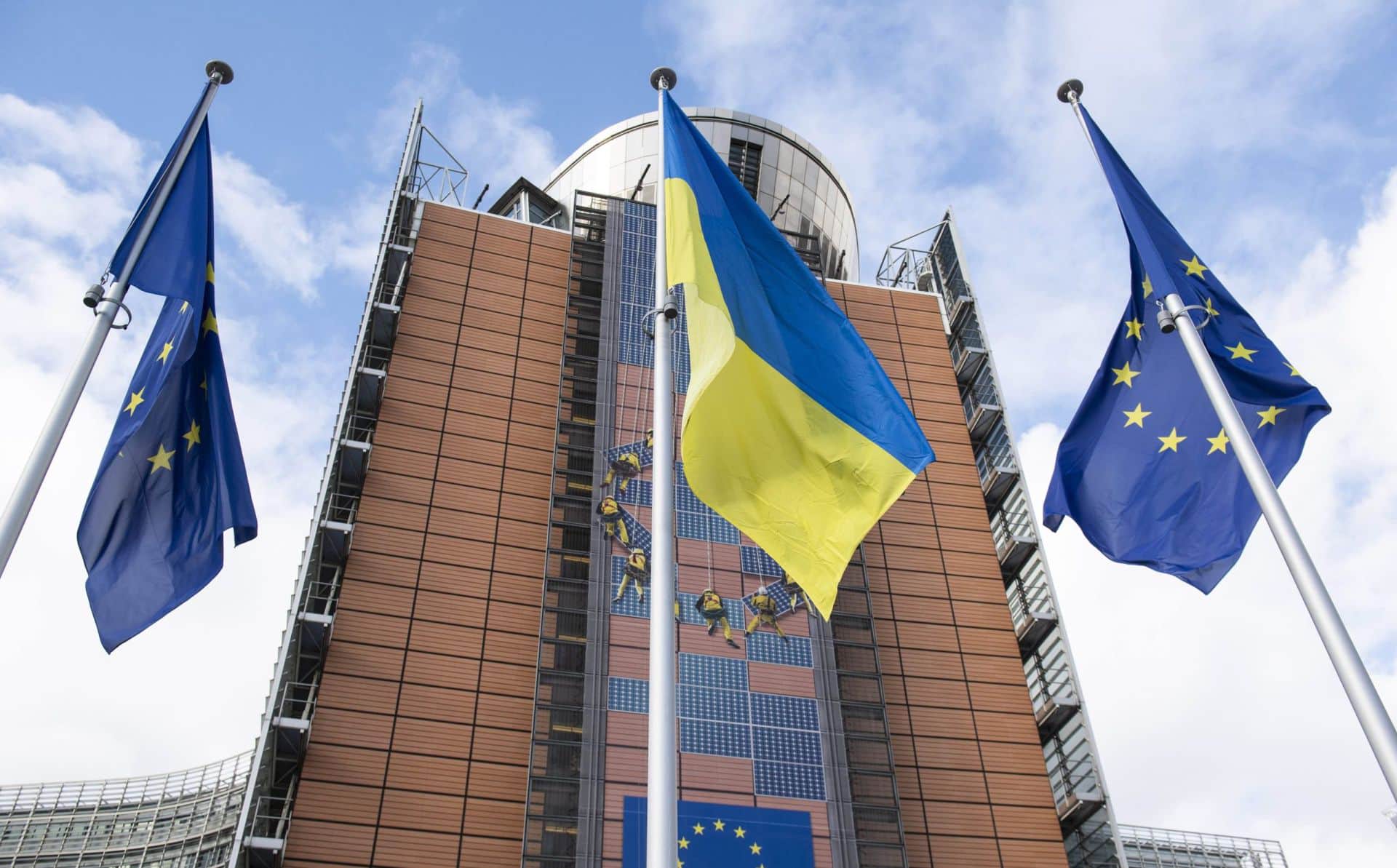What’s next for Ukrainian IDPs? EU prepares gradual withdrawal from temporary protection program
16 September 17:49
The EU Council has approved recommendations for the gradual winding down of the temporary protection program, which has been in effect for Ukrainians since March 2022 and extended until March 4, 2027, "Komersant Ukrainian" reports.
The document refers to the need to prepare common conditions for all member states to switch to other forms of legal stay in Europe.
What options are offered
- Switching to other residence permits – related to employment, education, or family reunification.
- Voluntary return programs – will be valid for a limited time and provide for the preservation of some temporary protection rights (housing, healthcare, education).
- Study visits to Ukraine – an opportunity to temporarily go home without losing their status in the EU.
- Information campaigns on the possibilities of changing legal status.
- Unity Hubs – centers to help Ukrainians with documents, employment, and counseling.
Why now
Danish Minister of Immigration and Integration Kaare Dibvad Beck said that the EU’s solidarity with Ukrainians “remains unwavering as long as the war continues.” At the same time, he said, it is important to prepare now for the moment when Ukrainians start returning home en masse.
Context
Since 2022 , more than 4.3 million Ukrainians have been granted temporary protection status. It entitles them to residence, work, education, and medical care.
Previously, the EU used a similar mechanism only during the wars in the Balkans in the 1990s. At that time, after the conflict ended, most of the IDPs returned, but some remained in European countries.
Experts’ reactions and assessments
Ukrainian experts emphasize that the EU recommendations do not mean an automatic end to aid, but set a new framework.
- Sociologists point out that some Ukrainians, especially those who have already integrated into schools and work, will consider long-term residence in the EU as a real alternative to returning.
- Economists warn of the risk of a “brain drain” from Ukraine if the new programs are more attractive than prospects at home.
- Human rights advocates emphasize the importance of a transparent information campaign to avoid chaos and misinformation among the displaced.
What Kyiv says
The government of Ukraine has not officially commented on the new recommendations, but in previous statements, the Ministry of Foreign Affairs and the Ministry of Reintegration have emphasized that the main goal of the state is to create conditions for people to return home safely after the war.
At the same time, the government is considering options for cooperation with the EU on reintegration programs, particularly in the areas of education, healthcare, and employment for those who return.
How Ukrainians themselves react
The mood among displaced people in the EU is mixed.
- Olena from Warsaw, mother of two:
“It is important for me to know that my children will have stability at school. If we need to apply for a different status, we will, but we are looking forward to returning home.” - Igor from Berlin, engineer:
“I already work for a German company, and for me the transition to a work permit seems logical. But I would like clear and simple rules without bureaucracy.” - Natalia from Rome, retired:
“I am most concerned about medicine. If I lose access to treatment when I change my status, what will I do?”
Comments like these illustrate the main question for many Ukrainians: how to maintain access to vital services during the transition period and avoid the feeling of “temporariness” that has been going on for three years.









